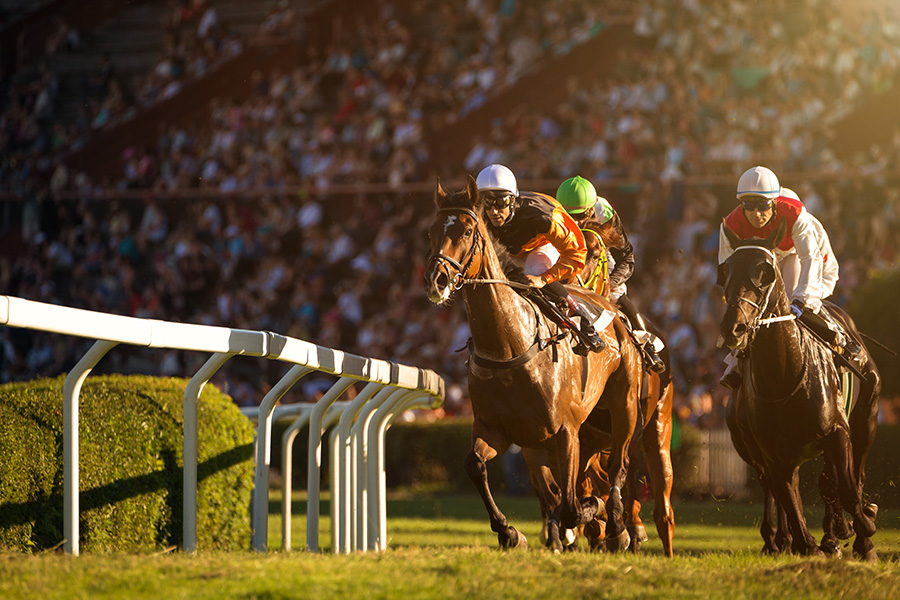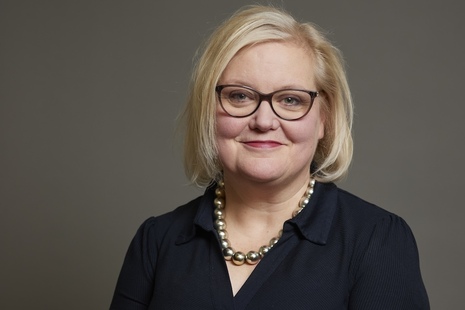The future of horseracing betting: BHA to push for levy reform

The body says it will continue to seek an alternative to the Gambling Commission’s affordability checks.
UK.- Victoria Morgan, head of policy and advocacy at the British Horseracing Association (BHA), has raised doubts about the UK government’s plans and the likelihood of action related to horseracing and horseracing betting. Writing in a blog post on the BHA’s website, Morgan said that it was still unclear how the new Labour government viewed racing’s key issues, including the betting levy and affordability checks.
She noted: “The only topic connected to racing in its manifesto was gambling, about which it simply stated: ‘Labour is committed to reducing gambling-related harm. Recognising the evolution of the gambling landscape since 2005, Labour will reform gambling regulation, strengthening protections. We will continue to work with the industry on how to ensure responsible gambling’.”
She commented: “This echoed comments by Labour in opposition that it supported the aims of the previous government’s White Paper without providing detail on any specific measures it may consider to reform gambling regulation beyond this. The sense of uncertainty around gambling and sport policy was compounded by the fact that the former Shadow Secretary of State for the DCMS, Thangam Debbonaire, lost her Bristol seat to the Green Party candidate.”
After Labour’s election victory, Wigan MP Lisa Nandy was named secretary of state for the Department for Culture, Media and Sport. Stephanie Peacock was later appointed as minister for Sport, but the gambling brief passed to Baroness Twycross, which means that responsibility for gambling policy is now in the hands of a member of the House of Lords rather than the House of Commons.

Morgan noted that there’s now one less minister in DCMS than under the previous Conservative government. She raised concerns that this could make it more difficult for the racing sector to engage with the government
Morgan added that the current “gloomy economic narrative” could bode badly for the chances of a reform of the betting levy any time soon, or for any chance of an alternative approach to the much-criticised affordability checks for online gambling.
Nevertheless, Morgan said BHA leaders had had a productive meeting with Twycross. She also expressed hope that the number of new faces in parliament could be an advantage.
“The election brought about the largest change in the House of Commons for years, not only with the shift from Conservatives to Labour, but with hundreds of new MPs of all parties embarking on their political careers,” she wrote. “This means many of Britain’s racecourses are now represented by new MPs, with Labour representing 23, the Conservatives 21, the Liberal Democrats 12, Reform one and the Scottish National Party one.
“The BHA, The Jockey Club, Arena Racing Company and the Racecourse Association, working with independent racecourses, have already met 30 MPs representing British racecourses since the general election. Several racecourse and stable visits have already been undertaken and there are more in the pipeline as our political engagement steps up yet another gear.”
She added that horse racing had not been mentioned in any of the fringe events on animal welfare at this autumn’s party conferences. “However, given animal welfare is an emotive issue that fills MPs’ inboxes, we will continue to demonstrate to the government and to MPs our collective commitment to continuously improving horse welfare,” she said.
She concluded: “Of course, Levy reform remains at the top of our agenda and we will meet with the Betting and Gaming Council and DCMS ministers and officials in the coming weeks to make progress – supported by MPs and Peers who are working hard to advocate on our behalf. We are also urgently raising the impact of affordability checks at the highest levels in government as betting turnover continues to fall.”










